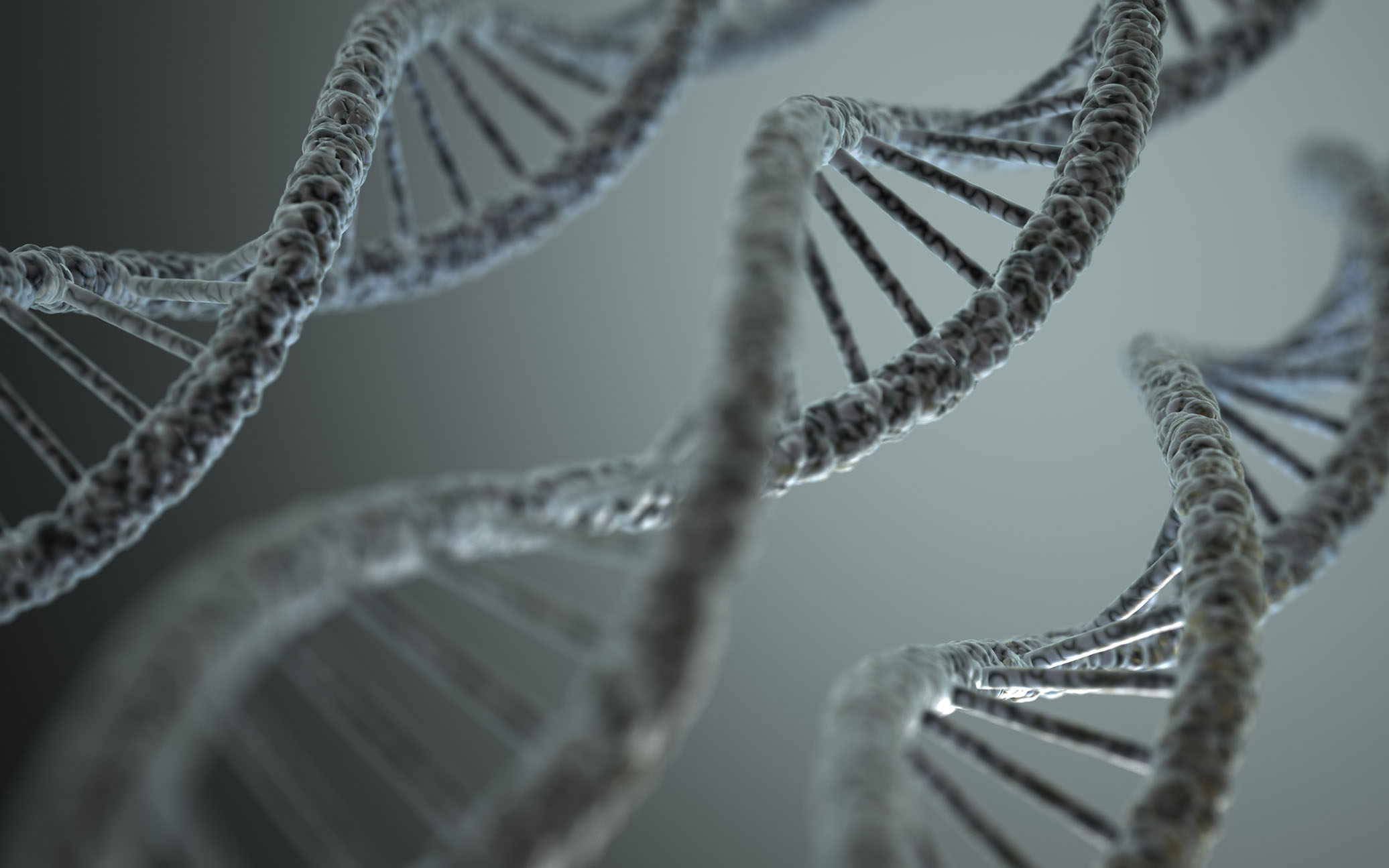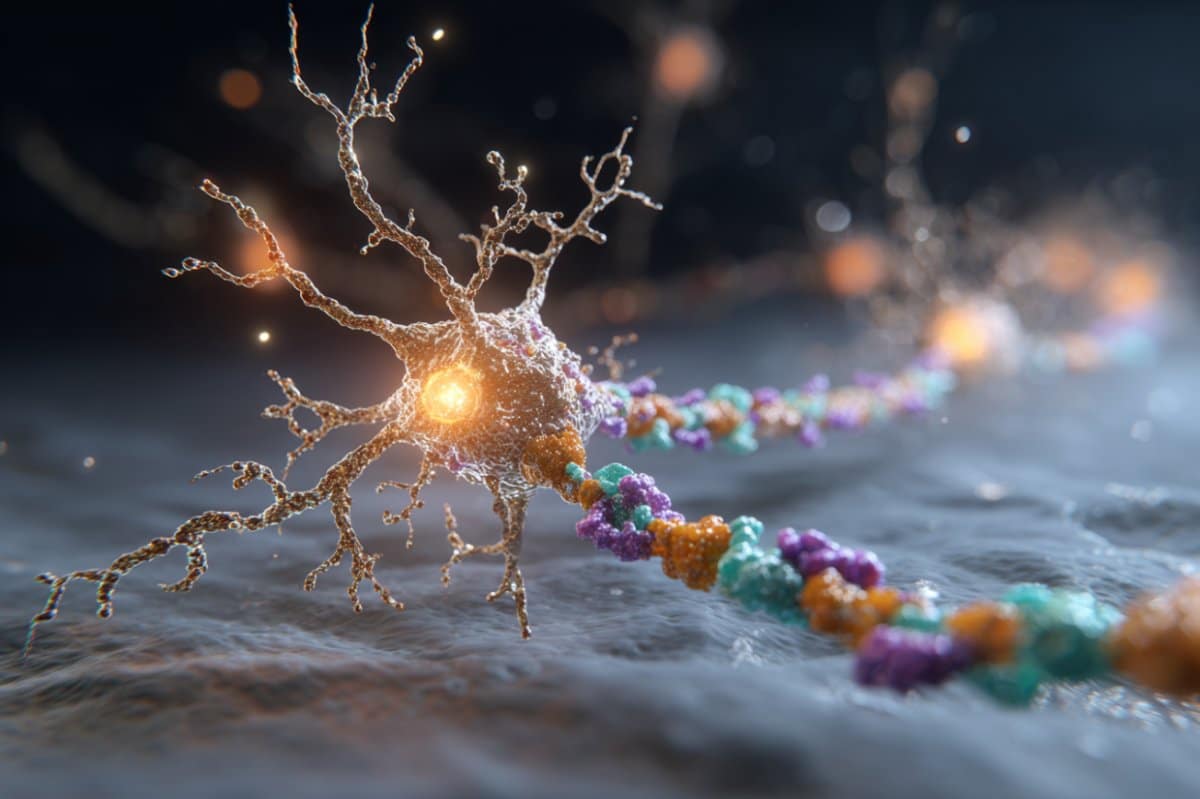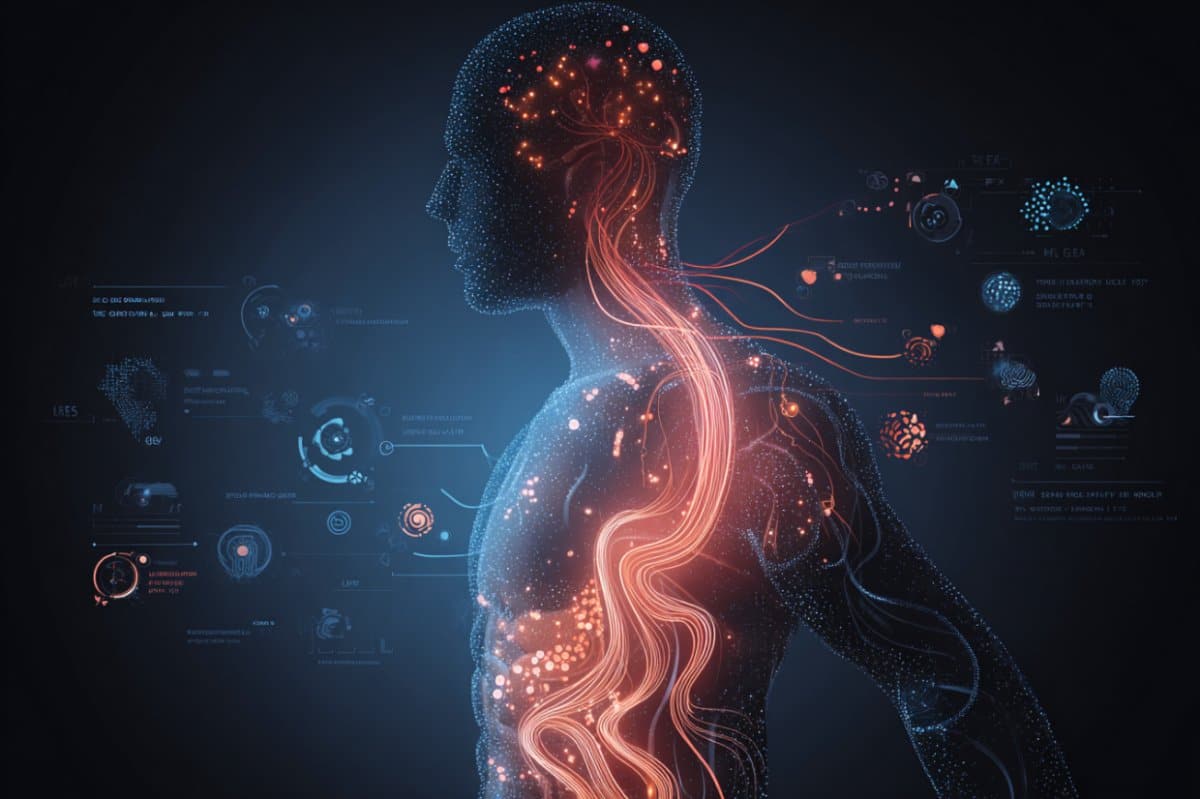T4K3.news
New Study Identifies Four Autism Subtypes
A recent study reveals distinct autism subtypes, paving the way for more personalized care.

A new study identifies four subtypes of autism, potentially transforming personalized care.
New Study Reveals Distinct Subtypes of Autism
A recent study highlights at least four distinct subtypes of autism, which could enhance personalized treatment. Researchers examined over 5,000 children with autism aged 4 to 18, categorizing them based on 230 traits including social interactions and developmental milestones. The findings suggest a connection between these subtypes and specific genetic factors. For example, 34% of children fall into the "Social and Behavioral Challenges" group, displaying typical autism traits but reaching developmental milestones on time. The study's results emphasize that autism is not homogenous, but rather a spectrum with varied needs, leading to calls for tailored support. Dr. Andy Shih, chief science officer at Autism Speaks, noted that understanding these differences could lead to improved care.
Key Takeaways
"This study shows us that autism isn’t a single condition with a single cause."
This quote from Dr. Andy Shih highlights the study's emphasis on autism's complexity.
"It could tell families... what symptoms they might experience."
Jennifer Foss-Feig discusses the potential benefits for families from understanding autism subtypes.
This study represents a critical advancement in autism research. The identification of subtypes underscores the complexity of autism and the need for a personalized approach in treatment. By linking specific genetic patterns with distinct clinical features, practitioners can better assess and support individuals on the spectrum. Moreover, families can expect more relevant information about their child's potential challenges and necessary interventions, paving the way for a future where care is more informed and specific to individual needs. The implications for education and support services are profound and could lead to significant changes in how autism is approached professionally.
Highlights
- Autism is a spectrum made up of many different experiences
- Understanding autism opens doors for better care
- Identifying subtypes changes the future of autism treatment
- Genetic insights could transform autism support
Potential Impact on Autism Care and Support
The study may influence public policies and healthcare practices regarding autism and genetic research. This could lead to changes in how resources are allocated, prompting public reaction.
As research continues to unfold, families may gain deeper insights to better support their loved ones.
Enjoyed this? Let your friends know!
Related News

Discovery of four autism types could revolutionize treatment

New diabetes subtype identified in sub-Saharan Africa

New breast cancer test shows promise

Study Reveals Autism Masking Effects on Teens

New study reveals secrets of mood regulation receptors

Young Americans face higher rectal cancer risk

Fifth potentially habitable planet confirmed in L 98-59 system

Study Links Gut Health to Chronic Fatigue and Long COVID
